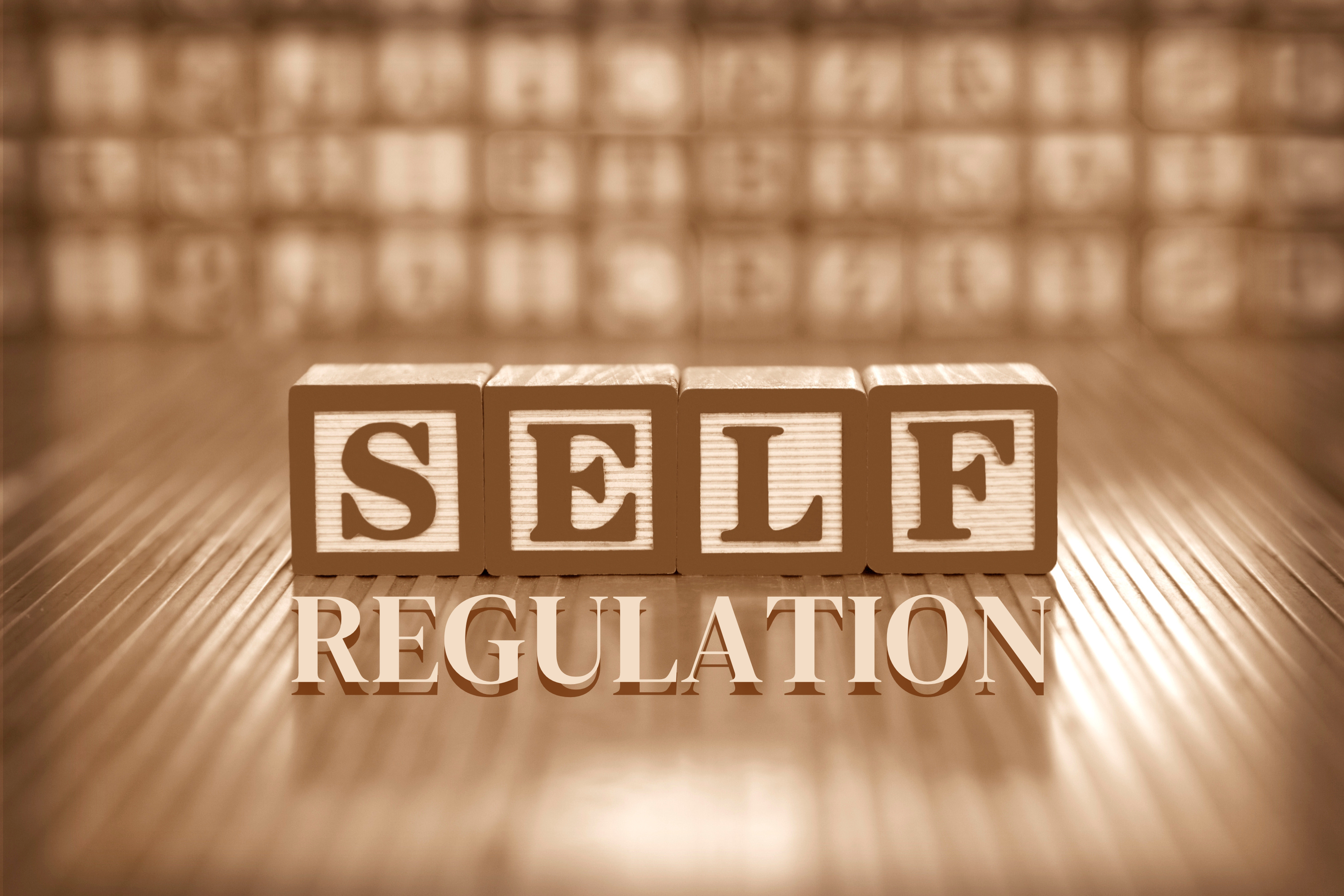It seems more common these days or maybe more noticeable, when children have a possible learning disability. Psychological issues, ADHD, or even trauma can affect their executive functioning and ability to self-regulate. They may not necessarily have the tools needed to focus and pay attention. For others, it may be hard to keep their emotions in check or adjust to change.
This can make it very difficult for them to complete the required tasks in a classroom or home environment. Where does a parent begin when it comes to helping their child? According to the Child Mind Institute, self-regulation is a skill that children need to be taught and practiced. Parents can coach kids through tough situations. Breaking an activity into smaller, more doable parts can help.
Self-Regulation & How It Affects Children
Positive Psychology describes self-regulation as the ability to manage your emotions and behavior per the demands of the situation. For children, it's the ability to remain calm and resist a major meltdown or highly explosive emotional reaction to upsetting stimuli. Things like adapting to a change in routine or expectations. It is a set of skills that enables children, as they mature, to direct their own behavior towards a goal, despite the unpredictability of the world and our own feelings.
Problems with self-regulation manifest in different ways depending on the child. "Some children are very instantaneous," says Matthew Rouse, PhD, a clinical psychologist. They have a huge, strong reaction and there's no lead-in or build-up. Other children may seem to have a process of putting it aside and letting it build up. They, like most people, can only handle so much for so long. The difference is, the child will have a very emotional and likely behavioral outburst when they blow.
How To Help Children Self-Regulate
The American Psychological Association advises not to avoid situations that are difficult for kids to handle. Instead, parents can guide their children through them with a supportive framework called scaffolding. Scaffolding is breaking things down into small chunks, so they are easier to understand. The parent also provides a strategy to make it easier for their child to accomplish what is being asked.
James Lehman, MSW says good behavior is not magic; it's a skill. When children are learning how to self-regulate, isolate one skill (scaffold) at a time and practice it. This will not only help the child; it will help how the parent relates to the child. Thinking of it as a skill that needs to be learned versus bad behavior often keeps parents from becoming angry or frustrated.
Practicing scaffolding self-regulation. Identify an emotional situation where there was an impulsive reaction. For example, if a child is struggling with going to bed, start small. It could be something like, "Have your pajamas on by 8:15." Once the child masters that piece, add to it. Set a target for when they will brush their teeth, or have a story picked out to be read. It's breaking it up and making it more manageable. When children are more successful at doing things, the easier it is for them, which in turn helps them stay regulated.
Helping Children Reflect
If a child acts out, becomes dysregulated, they need someone to give them nonjudgmental feedback. This is how they become able to improve their behavior. Ideally, this should be done after deescalation has taken place. So, once a child has calmed down. Parents can sit down and discuss with their child what went wrong, why, and how it can be handled differently next time. This will give the child something to use the next time it happens. A set of instructions on how to regulate their behavior and emotions. They need that.
Once children become familiar with this process, they may also be able to decompress by reflecting on their own, like through a written activity or drawing. Reflecting helps children to be more mindful of their emotions. If they can name the emotion and understand why they are feeling it, they are more likely to be able to self-regulate before it becomes a problem.
Supporting Self-Regulation In A Child
Parents can support their child's regulation skills in a few different ways, according to Dr. Stuart Shanker author of Self-Reg, a book on how to help your child, and you break the stress cycle and successfully engage with life. Self-regulation, after all, is the key to their overall success and happiness.
- Manage your own stress.
- Develop realistic expectations.
- Stay calm and model self-regulation.
- Be supportive and encouraging.
- Reduce unnecessary demands.
- Provide structure and consistency.
- Use rewards, positive reinforcement, and praise.
- Try not to punish dysregulated behavior.
When kids can properly cope with their frustrations, and cope with their big emotions, it can help them succeed in school, making friends, the home environment and more. Practicing regulation will make it easier when the time comes to really needing to do it.
Sources: Child Mind Institute, Positive Psychology, Matthew Rouse, PhD, Dr. Stuart Shanker



.png)

